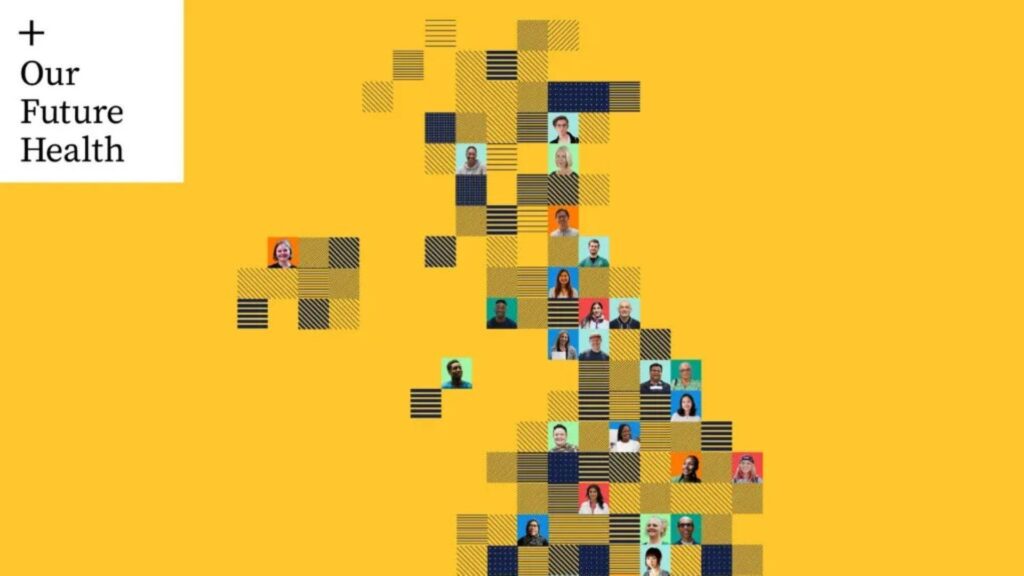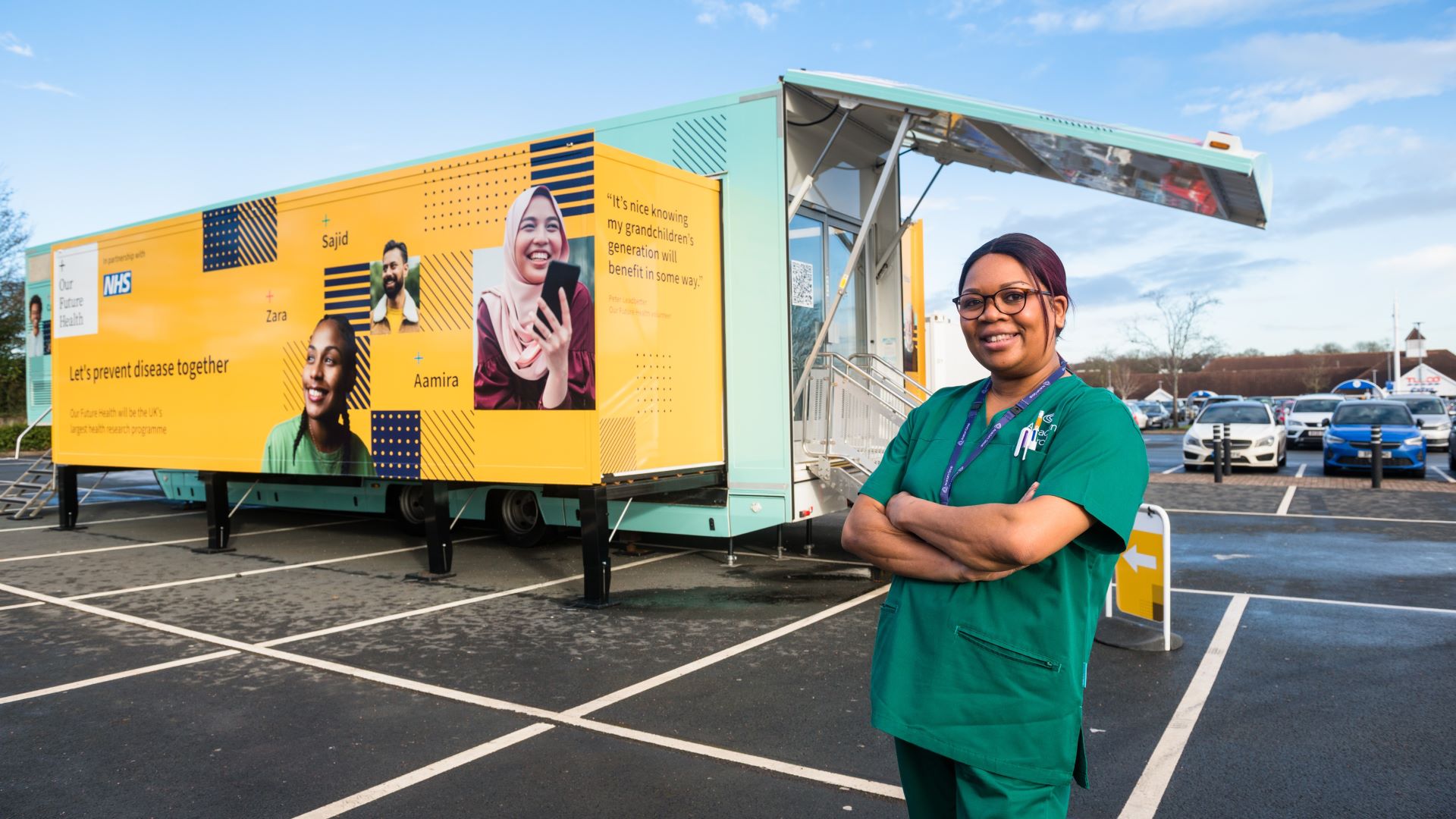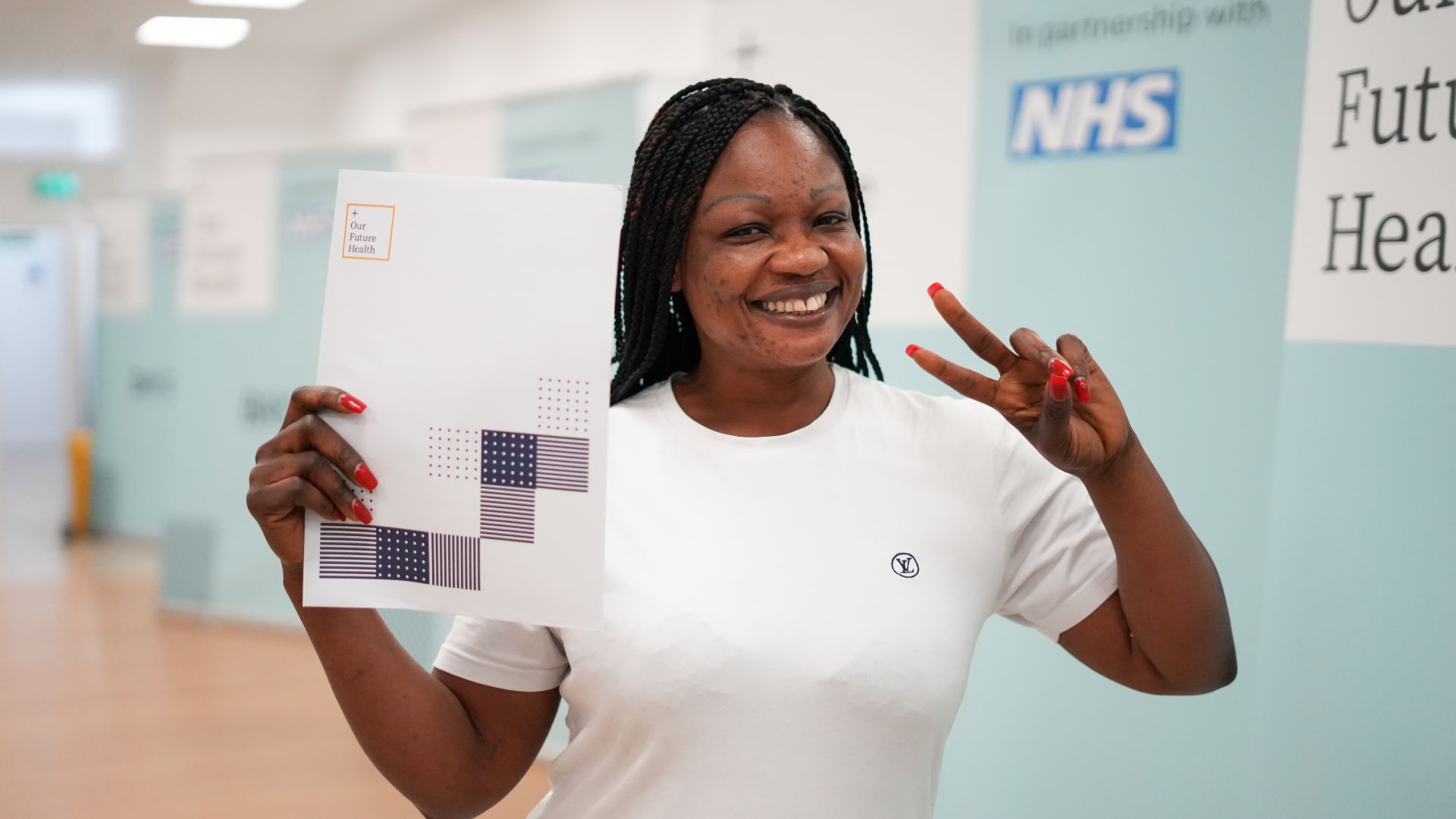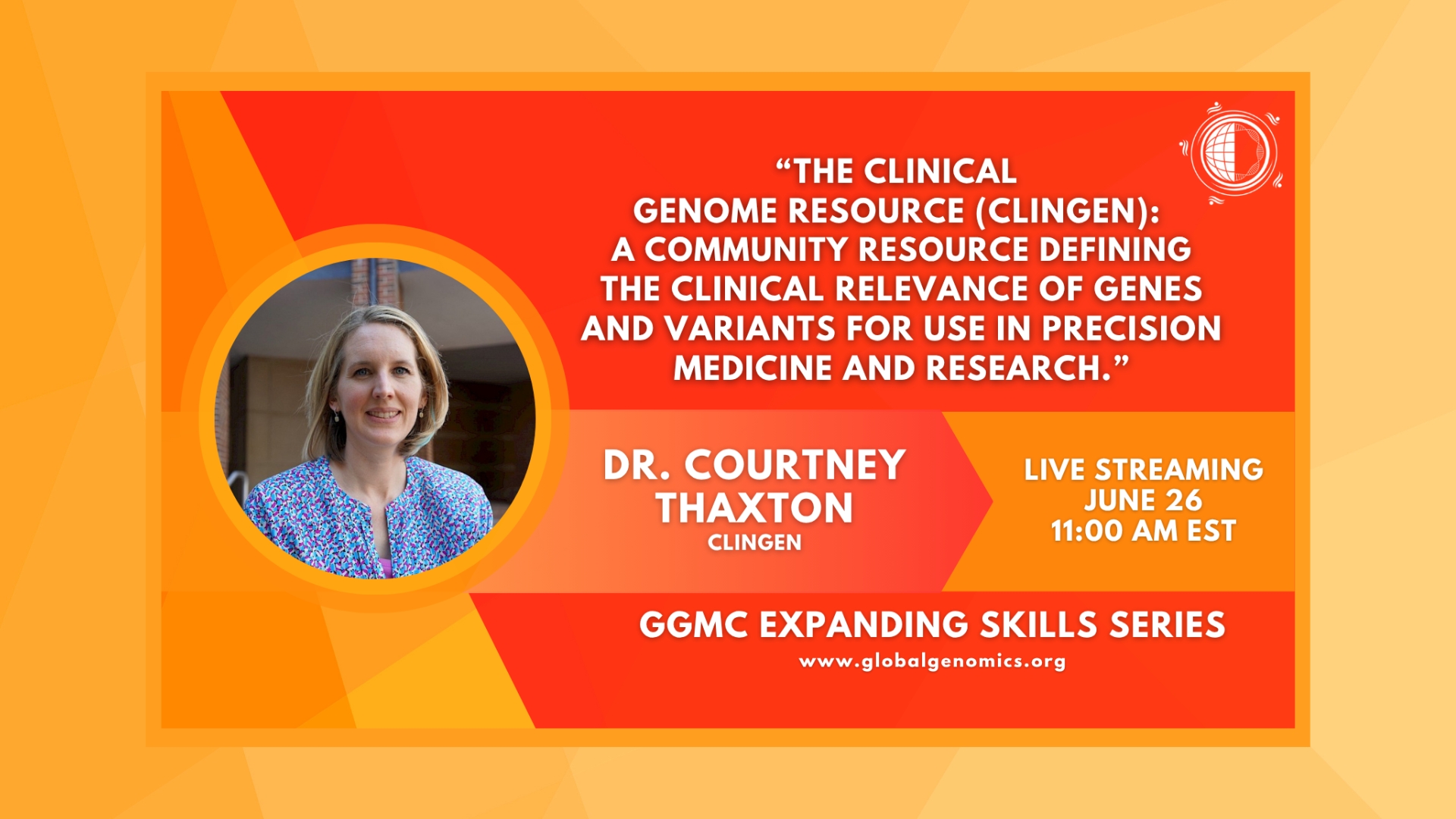IHCC Cohort Spotlight: Our Future Health

When Our Future Health launched to the UK public in October 2022, no one knew how many people would respond to their call for volunteers.
Two years later, the answer is becoming clear. In October 2024, Our Future Health became the world’s largest health research programme of its kind. This longitudinal population cohort study now has over 1 million volunteers – and thousands of people continue to sign up every month.
Our Future Health – explained
Our Future Health is designed to help health researchers find new ways to prevent, detect and treat diseases earlier.
Currently, too many people live years of their lives in poor health. Research suggests that 54% of people aged 65 or older in the UK live with two or more serious health conditions. By 2035, that figure is expected to rise to 68%.
Our Future Health is designed to enable discoveries that will help everyone live longer and healthier lives. The programme is recruiting up to five million volunteers from across the UK. Each participant is asked to share their health records, complete a questionnaire about their lifestyle, and provide a small sample of blood for genetic analysis.
Put together, the information creates an incredibly detailed picture of the UK’s health. Scientific researchers can apply to access the information, to make new discoveries about human health and diseases.
Researchers can also use the resource to conduct follow-on studies, as volunteers are asked to give their permission for Our Future Health to contact them in the future.

Unprecedented scale and depth
As well as being the world’s largest research programme of its kind, Our Future Health also has the largest ever number of participants from under-represented groups in a health research programme.
The programme is committed to building a resource that truly reflects the UK population, so that researchers can identify differences in how diseases begin and progress in people from different backgrounds. Volunteers come from diverse communities right across the UK. They represent different ages, ethnicities, and income levels.
It means researchers can use Our Future Health’s data to make discoveries that benefit everyone and reduce health inequality.

Important real-world insights
Our Future Health’s Trusted Research Environment launched in the summer of 2024, which means researchers are already using the resource to shine new light on their areas of expertise.
“I feel a bit like a child in a sweetie shop”, says Dr. Katie Marwick, a Consultant Psychiatrist for NHS Lothian and a Senior Clinical Research Fellow at the University of Edinburgh. “The dataset is huge and gives important real-world insights, which makes it very powerful. There are so many cool and exciting things to look at.”
Dr. Marwick’s research aims to find out how women’s mental health is affected by reproductive transitions – times such as the premenstrual period, pregnancy, or menopause.
“All of the big data in Our Future Health will be helpful to understand what makes people vulnerable to having mental health difficulties at times of reproductive transition. For example, the questionnaire that volunteers fill out provides useful information about reproductive mental health. Then there’s the access to volunteers’ health records. It may also be possible to use genetic analysis to see if there are any genetic variants that are more common in people who experience mental health issues during reproductive transitions.”
Other areas of focus for approved studies include the impact of vaping, and immune dysfunction.
More studies are being approved every month.
To find out more about Our Future Health, visit ourfuturehealth.org.uk
To apply to access Our Future Health’s data for health research, visit research.ourfuturehealth.org.uk





